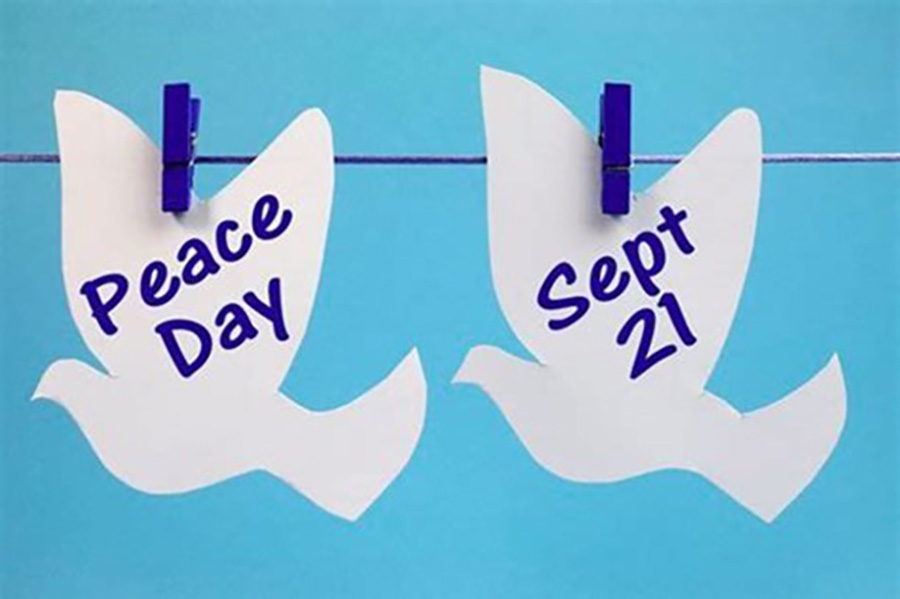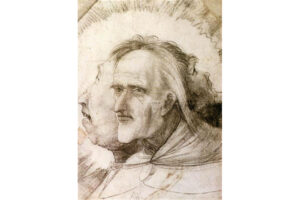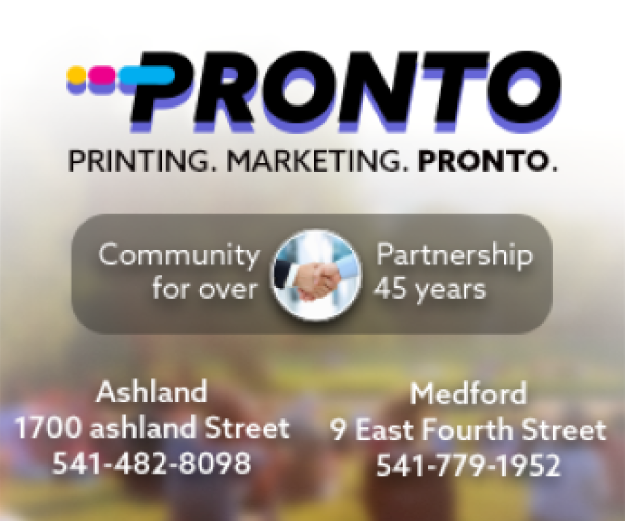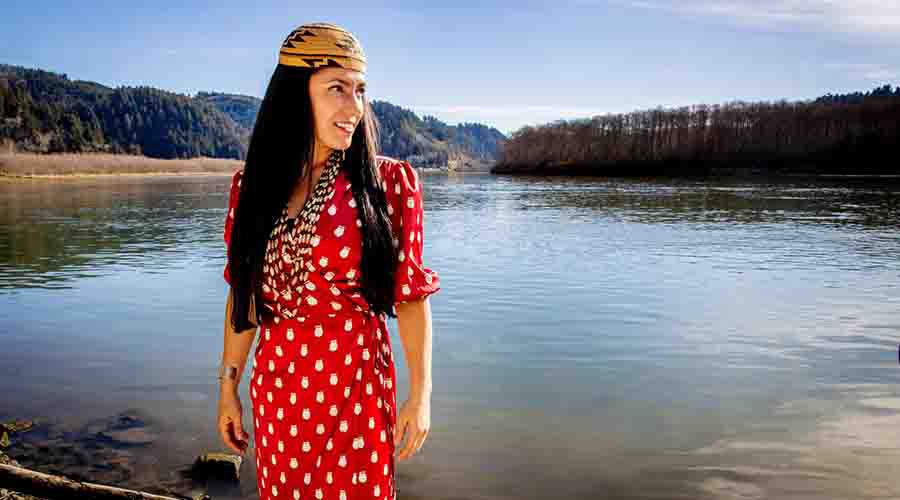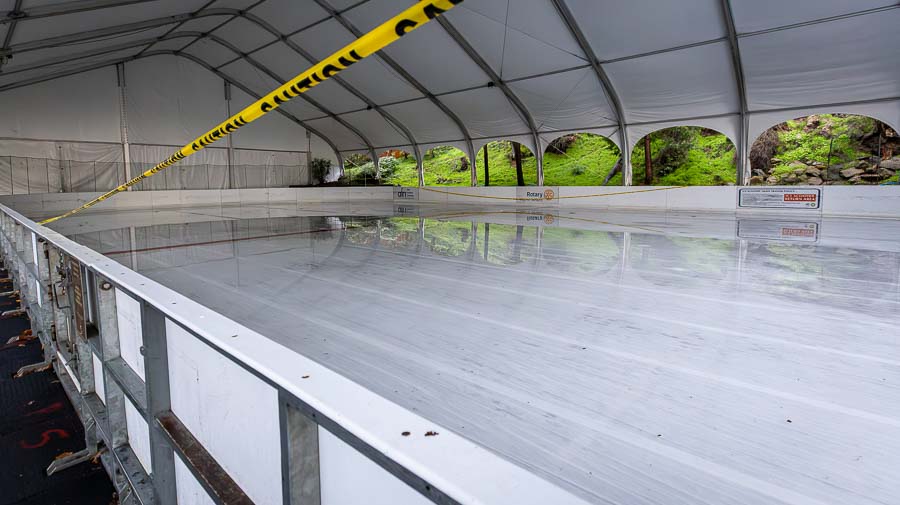There’s hardly been a better time to think hard about what it means to choose peace
By Herbert Rothschild
Speaking at Moscow State University on May 31, 1988, President Ronald Reagan said, “People do not make wars; governments do. And no mother would ever willingly sacrifice her sons for territorial gain, for economic advantage, for ideology. A people free to choose will always choose peace.”
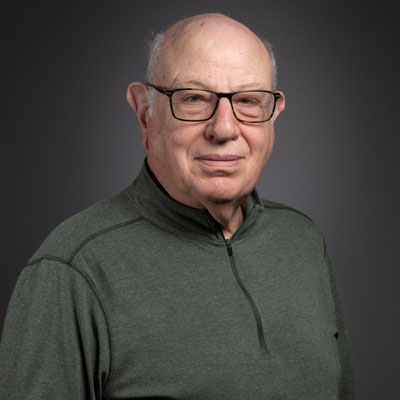
Reagan was partly right, partly wrong, especially in regard to what a free people might choose. Unfortunately, sometimes they do choose war. It was, nonetheless, amazing that he spoke those words when and where he did. Having entered the White House in 1981 as the epitome of a Cold Warrior, in 1988 he and Mikhail Gorbachev were ending the U.S.-Soviet nuclear arms race and giving the world its best chance for world peace since 1918.
Subsequent U.S. administrations threw away that chance. But the possibility endures, kept alive by the United Nations and nongovernmental organizations across the globe. One of them, the Ashland Culture of Peace Commission, is celebrating its 10th anniversary by hosting, along the Southern Oregon University, an observance of the International Day of Peace.
The observance will be held from 1 to 2:30 p.m. Sunday, Sept. 21, at the Thalden Pavilion on Walker Street across from Ashland Middle School. There, the Peace Flame, which ACPC brought to Ashland in 2018, shines continually, now powered by a solar panel. SOU President Rick Bailey will be the main speaker, and the Rogue Valley Peace Choir will perform.
The United Nations established the International Day of Peace the very year Reagan was first inaugurated. That year he talked about fighting and winning a nuclear war, and FEMA officials drew up feckless plans for cities and towns across America to survive a full-scale nuclear exchange.
It’s not clear why, in his second term, Reagan so radically changed his mind about nuclear confrontation. Doubtless, the huge and sustained outpouring of grassroots demand that the arms race end played a major role. I think, too, that the vision of peace kept alive by the U.N. and in many other ways exerted a pull. Saying no to a bad thing won’t suffice. We must be offered a good thing to affirm.
Peace is too vague an idea. People who engage in multiple forms of violence will say they are for peace. The vision must have specific content. In 1999, UNESCO published Manifesto 2000 for a Culture of Peace and Nonviolence. The manifesto asked individuals to pledge “in my daily life, in my family, my work, my community, my country and my region,” to
- Respect the life and dignity of each human being without discrimination or prejudice.
- Practice active nonviolence, rejecting violence in all its forms: physical, sexual, psychological, economic and social, in particular towards the most deprived and vulnerable such as children and adolescents.
- Share my time and material resources in a spirit of generosity to put an end to exclusion, injustice and political and economic oppression.
- Defend freedom of expression and cultural diversity, giving preference always to dialogue and listening without engaging in fanaticism, defamation and the rejection of others.
- Promote consumer behavior that is responsible and development practices that respect all forms of life and preserve the balance of nature on the planet.
- Contribute to the development of my community, with the full participation of women and respect for democratic principles, in order to create together new forms of solidarity.
When a small group of us — principally David Wick, Irene Kai, Eric Sorotkin and I — were developing the ACPC, we initially devised a short definition: “A culture of peace exists when mutual care and respect characterize the relationships among all its people and between them and the environment on which they depend.” We thought that the statement was specific enough to provide a locus for reflection and action but general enough to allow people to see how their own activities were already fostering a culture of peace and how they might extend or intensify those activities.
That was important, because one prevalent notion of peace work is resistance to militarism. Indispensable as such work is — I have devoted much of my life to it, beginning with resistance to our war of choice in Vietnam — that notion locates peacemaking on the margins of daily life. Another prevalent notion is personal — the development of a tranquil spirit. Many of the contributors to Inner Peace, a column that began in the Daily Tidings in 2014 and continued to run through last September in Ashland.news, developed that notion. (A new Inner Peace column appeared this week.) Also indispensable, but too often evasive of the obligations to our sisters and brothers.
No other city in the nation at that time had a peace commission with so inclusive an understanding of peace. Our first idea was to ask Ashland then-Mayor John Stromberg and the City Council to designate it as an official city commission, but we were told that Ashland then had as many commissions as it could staff. More positively, Pam Marsh, who was on City Council at the time, told us that ACPC would have more freedom of action were it to have a sympathetic but not legal association with city government. And she agreed to be our liaison with council.
So, ACPC was established as an NGO (legally, a public charitable organization) with an original board composed of people well placed in the community, such as the police chief and Bert Etling, then editor of the Daily Tidings. Stromberg presided at the official recognition ceremony in 2015.
David and Irene held ACPC together during the COVID years, when all our civic and art organizations encountered grave challenges. Of special importance was that they kept us connected to an international network of people and organizations dedicated to creating a global culture of peace. In my column next week I’ll share information about some projects that emerged from those connections and how they can impact us individually and collectively.
Herbert Rothschild’s columns appear Fridays. Opinions expressed in them represent the author’s views. Email Rothschild at [email protected]. Email letters to the editor and Viewpoint submissions to [email protected].

